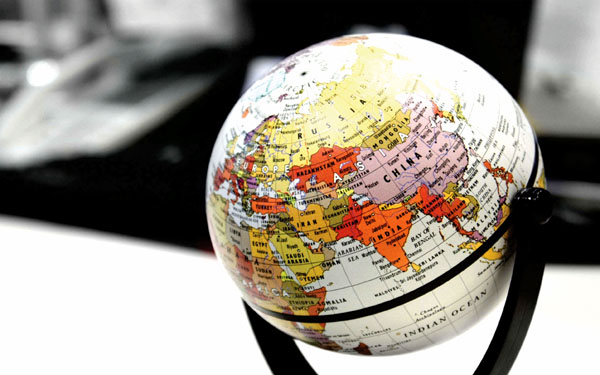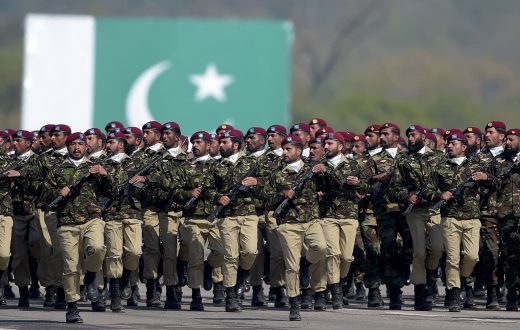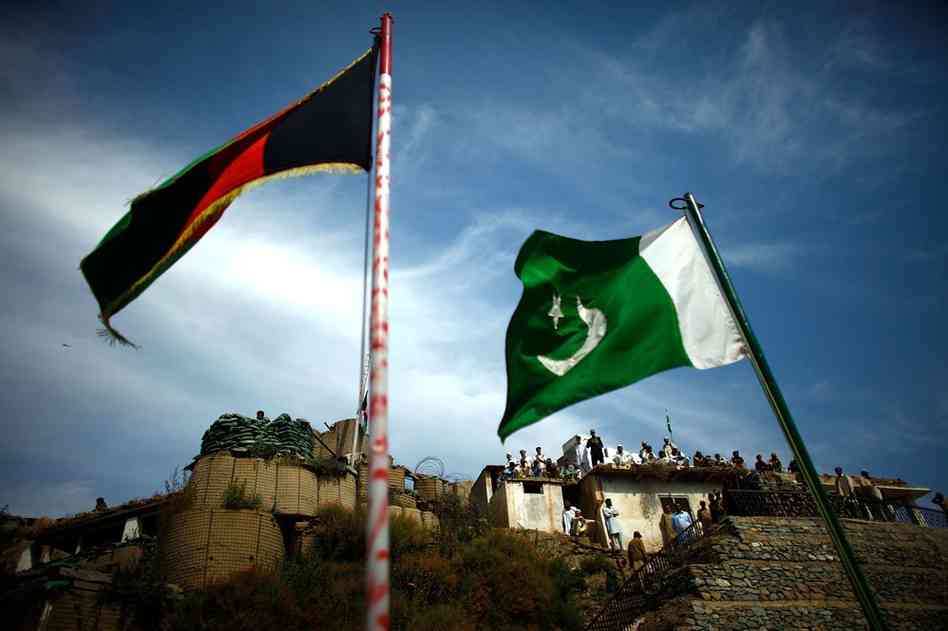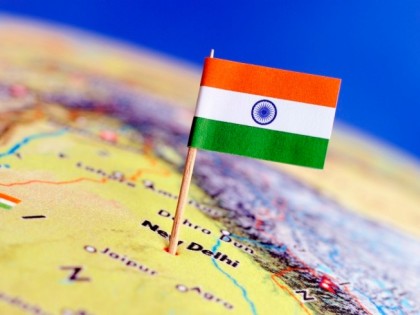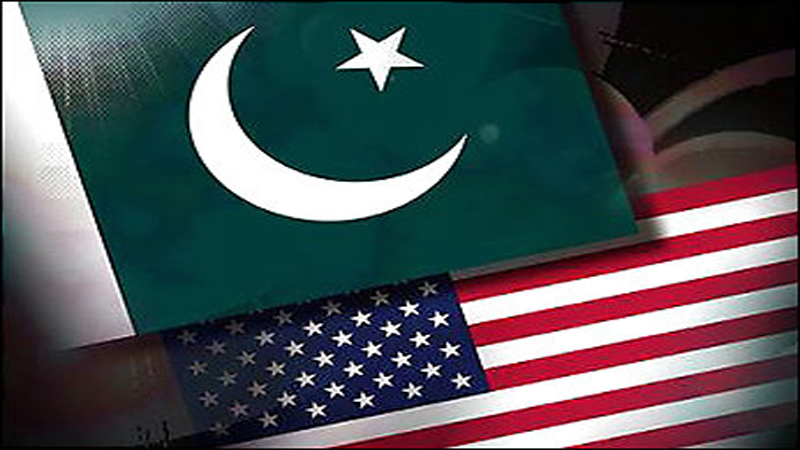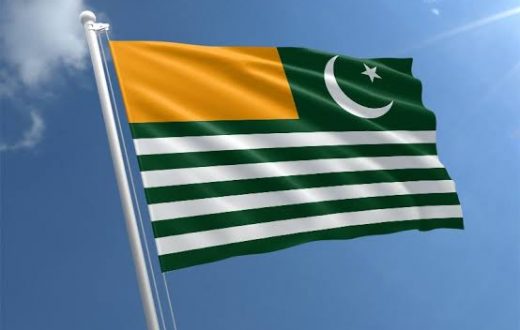In the recent months, fears have been expressed that Pakistan is, or will soon be, isolated due to a flawed foreign policy being pursued by the government. But, a brief analysis of the state of affairs reveals that those expressing these fears are largely mistaken as many of them seem to be using Indian rhetoric. As a matter of fact, Pakistan is far from being isolated as we have many reliable friends like China, Turkey, and the OIC member states. However, for stopping these fears from becoming a reality, we need to adapt our foreign policy goals and institutions to the changing regional and global realities.
The incumbent government of PML-N is in fourth year of its current tenure, but Pakistan’s foreign office still awaits a full-time foreign minister. In the present scheme of things, it seems that there are four centres of power to conduct country’s foreign policy and international relations. A quadruplet, consisting of Prime Minister Nawaz Sharif, his Adviser on Foreign Affairs Sartaj Aziz, his Special Assistant Syed Tariq Fatemi, and his brother and the Chief Minister of the Punjab province Shahbaz Sharif, is controlling the foreign policy. But there are many flaws in this setting which need to be removed at the earliest. First of all, PM’s Adviser Sartaj Aziz, an octogenarian and an economist by profession, seems reluctant to identify the real factors behind foreign policy fiascos and, as per his understanding, ‘everything is going well’. Differences between him and Tariq Fatemi, a career diplomat for over 35 years, are no more a secret. Being Prime Minister is a full-time job and it leaves little time behind Nawaz Sharif to focus exclusively on foreign affairs. The CM Punjab Shahbaz Sharif mostly deals with China and Turkey. But, we need to fill the vacuum of a dedicated foreign minister for whose assistance Tariq Fatemi is a better option as he understands the intricacies and requirements of foreign relations very well.
Pakistan’s foreign office needs to understand the policies of other countries separately so as to know what they can offer us and what they want from us. More than 69 years have been passed since Pakistan’s independence, but it is not clear yet whether America is our friend or a foe. In fact, even Americans see Pakistan neither as a friend nor foe, as this bilateral relationship has been purely a need-based one.
After nearly seven years of efforts, the United States signed a mutual defence assistance agreement with Pakistan in 1954 and Pakistan joined the South East Asian Treaty Organization (SEATO) in 1954 and signed the Baghdad Pact in 1955 (later the Central Treaty Organization — CENTO). But by doing so, Pakistan became only a tool to be used against Communist countries. Pakistanis, on their part, thought that friendship between Pakistan and the US was cementing, but actually they forgot that they were being used by the US. Later, General Ayub Khan allowed the US to use an airbase in Pakistan for spying against the then-USSR — the U2 incident—and Pakistan, in return, was awarded grants, aid and loans.
However, during the India-Pakistan wars of 1965 and 1971, the reality dawned on Pakistanis as the US denied any military assistance to Pakistan in utter disregard to her alliance with the country. Resultantly, Pakistan withdrew from SEATO in 1973 and CENTO in 1979.
During Zia-ul-Haq’s era, when Soviet Union attacked Afghanistan, the United States again came closer to Pakistan and this time its aim was to counter growing Soviet influence. Zia’s aligning with India proved detrimental as his Machiavellian embrace with the US led Pakistan to a position where Kalashnikov culture, sectarian violence and the drug use and trafficking increased. America provided huge chunks of financial assistance to Pakistan to be spent on Afghan Jihadis. During that time America also finalized the deal of F-16 combat jets with Pakistan, for which Pakistan made the full payment.
After Soviet withdrawal from Afghanistan, when Americans felt that they did not need the country anymore, they tried to strangulate Pakistan with the Pressler Amendment whereby the US president George Bush (Senior) imposed sanctions on the country in October 1990 and the supply of F-16 aircrafts was halted, and the US even refused to return the money Pakistan had already paid for them.
Another U-turn in American policy came in the aftermath of the fateful incident of 9/11 when the US administration decided to launch a global war on terror. Feeling that Pakistan’s help was pivotal in this regard, the US again came closer to Pakistan. The move was reciprocated positively. At that time, with skilful diplomacy, we should have gained F-16s from the US, but our foreign office remained lethargic on that issue. It seems incredible that Pakistan, despite suffering huge losses in this war, failed to achieve the status of respect and America is still chanting the ‘do more’ mantra.
Instead of providing military assistance to Pakistan, America preferred India, and is still doing so. In Asia, India is poised to perform the role of America’s policeman against China and Pakistan. It exploits perceived threats from China to justify its significant buildup of nuclear and conventional arms and to remain close to the US. But, in essence, these weapons pose a bigger threat to Pakistan. It’s very clear that only India and Afghanistan are behind suicide blasts and other forms of terrorism in Pakistan.
Despite knowing the true nature of India and that of its anti-Pakistan designs, the government of Pakistan seems reluctant to ameliorate its foreign policy and hesitates to raise the issue of Indian terrorism in Pakistan. In the modern world only an astute leader, who has the superlative ability to think and move ahead, can lead the nation in a right direction. Before the 71st UN General Assembly session, which kicked off in September 2016, India was hell-bent on portraying Pakistan as a terrorist state in the world. But, during his speech before the UNGA, Nawaz Sharif looked as a Prime Minister of only Jammu and Kashmir, not of the whole Pakistan. It’s good that he raised the Kashmir issue, but he should have also told the world about Indian efforts aimed at spreading terrorism in Pakistan presenting the arrest of Kulbhushan Yadav as an undeniable proof.
Afghanistan was the only country that opposed Pakistan’s membership in the UNO. Recently when Pakistan; decided to construct fence and gates along the Afghanistan border, it started talking against Durand Line. The Foreign Office should clearly tell them and the world at large that it is an internationally recognized border which was created after Emir Abdur Rehman wrote a letter to Viceroy Lord Dufferin in 1988, requesting to settle Indo-Afghan border, so after hectic negotiations, DLA was signed in Rawalpindi in 1893. The agreement was later ratified by Emir Habibullah in 1905. Afghan officials also should be reminded that in Afghanistan-Pakistan Transit Trade Agreement 2010, which is accepted and signed by both countries, Durand Line was defined as an international border.
China’s relations with Pakistan are crystal clear, especially after the announcement of $46 billion project of CPEC and the assistance of JF-17 thunder combat planes.
In a nutshell, Pakistan is not isolated, nor it is going be, but there are some problems in our foreign policy which need to be solved at the earliest because in the modern world, only a robust foreign policy guarantees a better economy and a strengthened nation.

